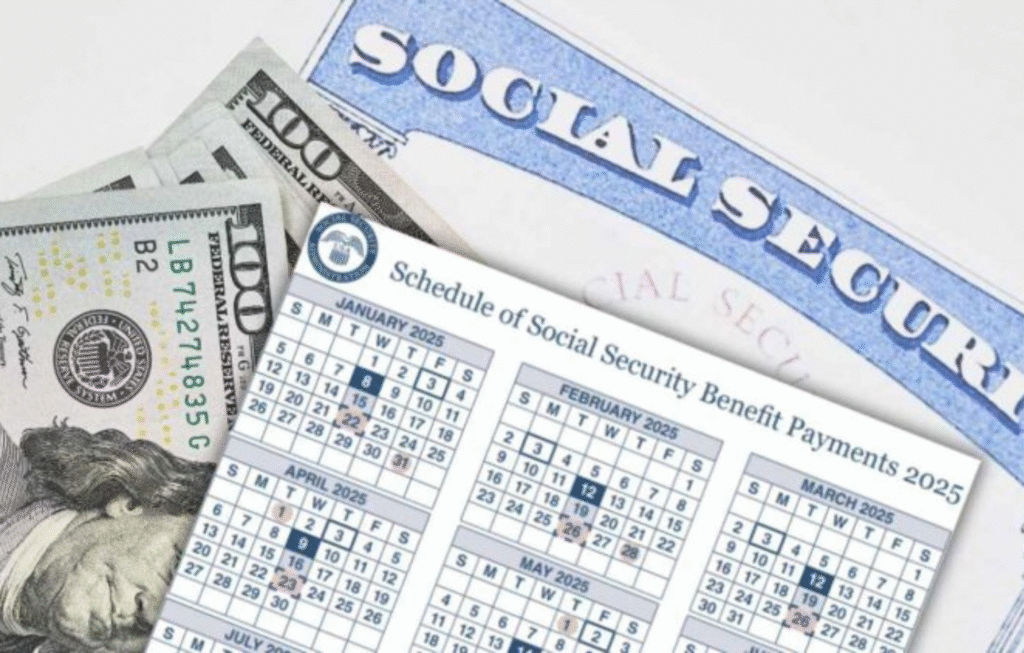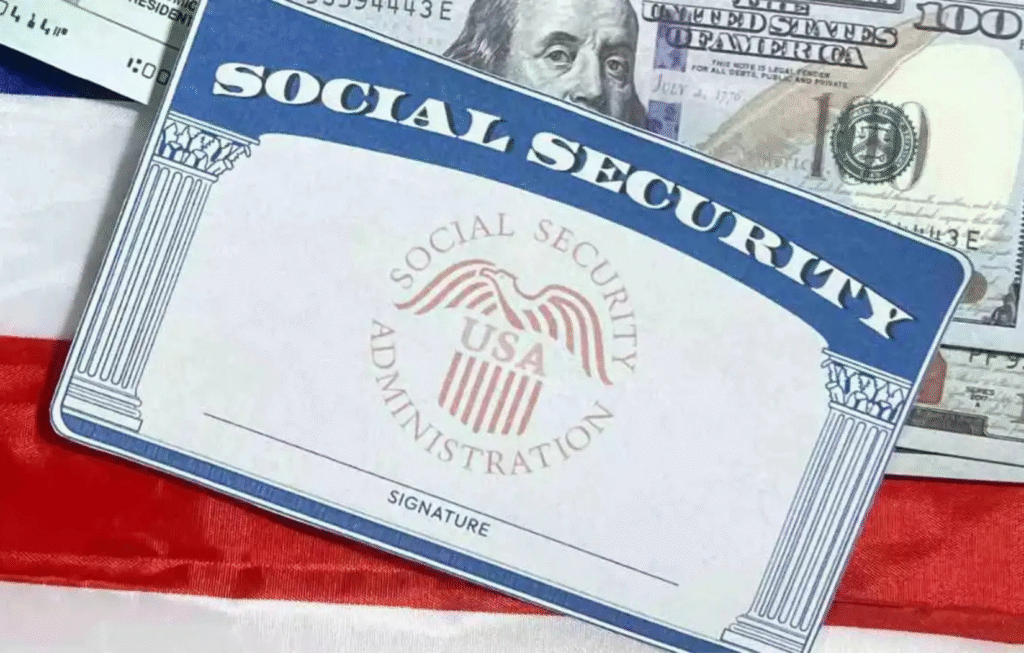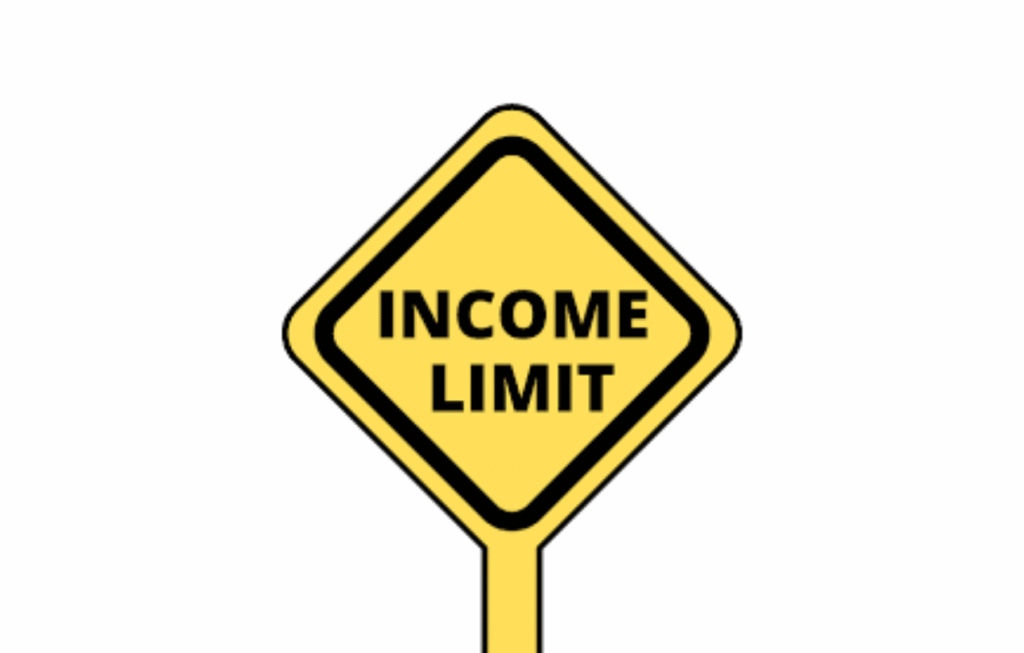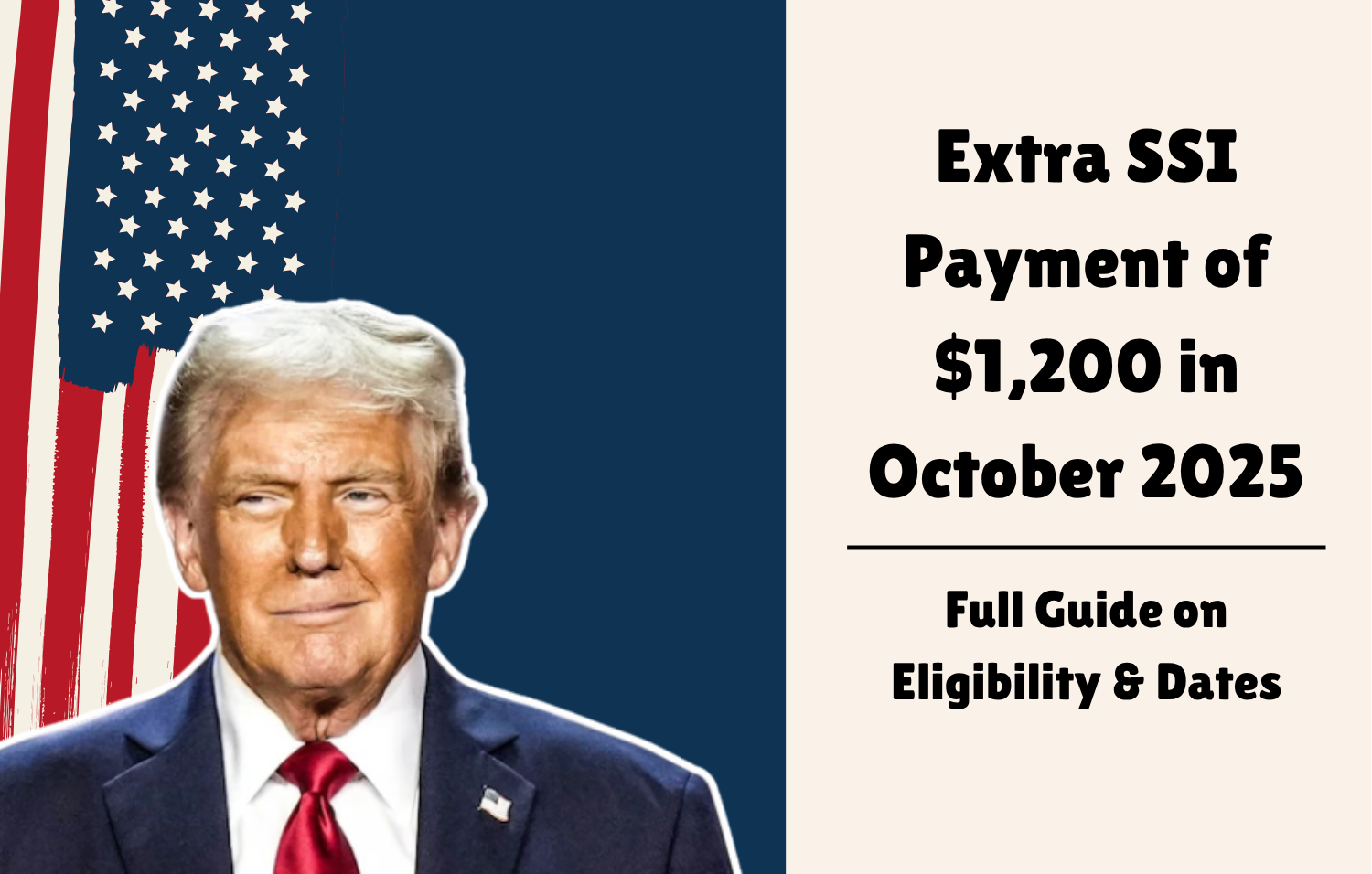What Is SSI (Supplemental Security Income)?
- SSI is a federal U.S. program that provides monthly cash assistance to individuals who are 65 or older, blind, or disabled, and who have very limited income and resources.
- Its purpose is to ensure a minimum level of income for vulnerable people, especially when they lack sufficient Social Security, pension, or other income.
- It is different from SSDI (Social Security Disability Insurance), though some individuals may receive both (SSI often “tops up” other benefits).
October 2025: Why Some People Expect “Extra” Payment
Two SSI Payments in October 2025

What is confirmed is that SSI recipients will receive two payments in October 2025, not because of a new bonus, but because of how the calendar falls:
- The normal SSI payment for October 2025 is disbursed on October 1.
- However, the next month’s payment (November 2025) is typically scheduled for November 1, but November 1, 2025, falls on a Saturday. According to SSA rules, when a scheduled payment date falls on a weekend or federal holiday, the payment is moved to the preceding business day. As a result, the November payment will be disbursed on October 31, 2025.
- Thus, two payments will land in October: one for October, one for November (moved forward). This is not an extra or bonus payment — it’s simply a timing adjustment to avoid weekend delay.
- Because of that, there will be no separate SSI payment in November 2025 (since it was already paid October 31).
So media headlines such as “$1,200 extra SSI in October” are likely misunderstandings or exaggerations of this scheduling quirk.
Can Some People Get a “Third” Check?
Some sources mention that certain people who receive both SSI and Social Security retirement/disability benefits might see multiple payments in October (for different programs). But they aren’t extra SSI checks — rather payments from different programs.
How Much Will SSI Pay in October 2025?

The maximum SSI payments for October 2025 are as follows:
- Individual SSI recipient: up to $967 per month
- Couple (joint filing or both eligible): up to $1,450 per month
- Essential person (someone providing care for an SSI recipient): up to $484 (in applicable cases)
These amounts are federal baseline amounts. Some states supplement SSI with additional payments depending on local laws, so recipients in certain states might receive more.
Because of the double‑payment timing, someone eligible for the full benefit could see $967 on October 1 and another $967 on October 31 (if they continue to qualify). But again: this is not $1,200 extra — it’s two standard monthly payments.
SSI Eligibility: Who Qualifies?
To receive SSI, you must meet several strict criteria. Below are the major ones (as of 2025):
Age / Disability / Blindness Condition
You must be one of:
- 65 years or older, or
- Blind, or
- Disabled (i.e. having a medically determinable physical or mental impairment expected to last at least 12 months or result in death)
Income Limits

Your countable income must be very low. The SSA excludes certain amounts, but in general:
- The first $20 of most income is excluded (general income exclusion).
- For earned income, they deduct $65, then count half of the remainder. For example: if you have $500 in earned income, subtract $65 = $435, then half = $217.50 countable. That portion reduces your SSI benefit.
- Some types of income are completely excluded (e.g. state/local assistance based on need, food assistance, housing subsidies).
Resource / Asset Limits
- Your countable resources (assets) must be below $2,000 if you’re an individual, and $3,000 if you’re a couple.
- But certain items are excluded from counting: your primary residence, one vehicle, household goods, personal effects, some burial funds, etc.
Citizenship / Residency Rules
- You must be a U.S. citizen, a U.S. national, or certain categories of qualified noncitizens.
- You must reside in one of the 50 U.S. states, the District of Columbia, or the Northern Mariana Islands.
- You cannot be absent from the U.S. for 30 consecutive days or more, among other residency rules.
Other Conditions & Rules
- You cannot be confined in a public institution at government expense (such as certain prisons or mental health facilities) and still receive SSI.
- You must file an SSI application and cooperate with SSA’s requests for documentation (medical records, financial records).
- If you receive other benefits (e.g. Social Security retirement or disability), those amounts count as income and reduce your SSI benefit.
Recent Program Changes
- Effective September 30, 2024, SSA made some changes:
- Food is no longer included in in‑kind support and maintenance (ISM) calculations (i.e. free food support no longer reduces your benefit).
- The rental subsidy rule has been expanded: discounted or “below‑market rent” when you’re related to the landlord may be excluded under more conditions than before.
These updates aim to simplify calculations and reduce penalizing people in certain living arrangements.
Why Headlines Might Say “$1,200 Extra” — and Why That’s Likely Misleading
Given what the official sources say, it’s unlikely there is a $1,200 extra SSI payment for October 2025. Here’s why media or social media might say that:
- Misinterpretation of Double Payment
People see two payments falling in October and think it’s a bonus. But it’s not — the second payment is for November’s benefit, shifted due to a weekend. - Mixing SSI with Other Payments
Some recipients also receive SSDI, Social Security retirement, or other benefits. If they see multiple deposits, they might confuse them as extra SSI. - Back Payment / Retroactive Adjustments
It’s possible for someone to receive a one‑time retroactive (back) payment if SSA corrects past underpayments. That could be large. But those are case-specific, not broadly announced as an “extra $1,200 for all who qualify.” - State Supplements or Local Bonuses
Some states add supplementary payments to the federal SSI. In rare cases, a state might authorize a one‑time bonus, but there is currently no credible announcement for October 2025. - Clickbait / Sensational Headlines
Media outlets sometimes use sensational language (e.g. “$1,200 extra”) to attract readership, misrepresenting scheduling quirks as bonuses.
What to Expect & What You Should Do

Here’s what you should keep in mind and steps to take:
What You Should Expect
- You will receive your regular SSI payment October 1, 2025 (if eligible)
- You will also receive another payment October 31, 2025 (which is the November benefit, paid early to avoid weekend delay)
- There will be no SSI payment in November 2025 because it was already paid early on October 31
- Your maximum benefit is $967 (individual) or $1,450 (couple), minus income deductions.
What You Should Do
- Verify Your Eligibility / Status
Confirm that you continue to meet all eligibility criteria (disability/age, income, resources). If your circumstances change, your benefit could be reduced or terminated. - Watch Your Payment Method
Ensure your bank account or Direct Express card information is up to date. Paper checks are being phased out. - Plan Your Budget Carefully
Because you’ll get two payments in October (though one is for November), plan for there being no SSI payment in November. - Check for Retroactive / Back Payments
If you were underpaid in prior months (due to eligibility change, delayed decisions, etc.), you may receive a retroactive adjustment. Check your SSA portal or statements. - Be Wary of Scams & Misinformation
Don’t rely solely on clickbait headlines or social media. Always cross-check with Social Security Administration (SSA) official sources or your local SSA office. - Appeal / Contact SSA If Issues Arise
If a payment is missing or you believe the SSA made an error, contact them (1‑800‑772‑1213) or visit your local office.
FAQs
1. Is there a $1,200 extra SSI payment in October 2025?
No, there is no new $1,200 extra SSI payment. Some people will receive two regular monthly payments in October due to the calendar, not because of a bonus.
2. Why will some SSI recipients get two payments in October 2025?
October 1 is the regular payment. The November payment is sent early on October 31 because November 1 falls on a weekend. It’s not an additional payment.
3. Will I receive an SSI payment in November 2025?
No. The November 2025 SSI payment will be sent early on October 31, so there will be no separate SSI payment in November.
